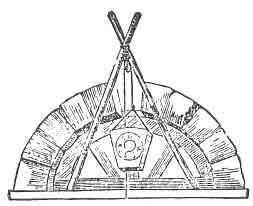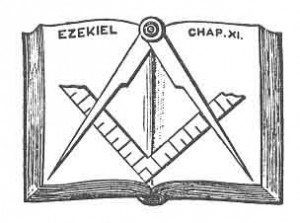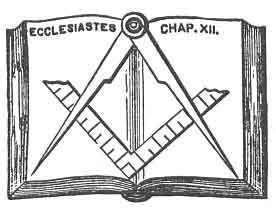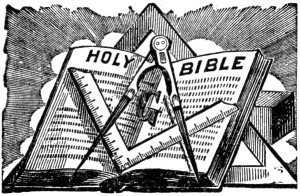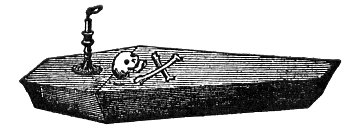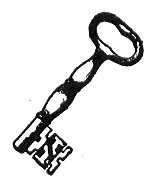Therefore no one need lose courage, nor believe that labor in the cause of Progress will be labor wasted. There is no waste in nature, either of Matter, Force, Act, or Thought. A Thought is as much the end of life as an Action; and a single Thought sometimes works greater results than a Revolution, even Revolutions themselves. Still there should not be divorce between Thought and Action. The true Thought is that in which life culminates. But all wise and true Thought produces Action. It is generative, like the light; and light and the deep shadow of the passing cloud are the gifts of the prophets of the race. Knowledge, laboriously acquired, and inducing habits of sound Thought,–the reflective character,–must necessarily be rare. The multitude of laborers cannot acquire it. Most men attain to a very low standard of it. It is incompatible with the ordinary and indispensable avocations of life. A whole world of error as well as of labor, go to make
p. 95
one reflective man. In the most advanced nation of Europe there are more ignorant than wise, more poor than rich, more automatic laborers, the mere creatures of habit, than reasoning and reflective men. The proportion is at least a thousand to one. Unanimity of opinion is so obtained. It only exists among the multitude who do not think, and the political or spiritual priesthood who think for that multitude, who think how to guide and govern them. When men begin to reflect, they begin to differ. The great problem is to find guides who will not seek to be tyrants. This is needed even more in respect to the heart than the head. Now, every man earns his special share of the produce of human labor, by an incessant scramble, by trickery and deceit. Useful knowledge, honorably acquired, is too often used after a fashion not honest or reasonable, so that the studies of youth are far more noble than the practices of manhood. The labor of the farmer in his fields, the generous returns of the earth, the benignant and favoring skies, tend to make him earnest, provident, and grateful; the education of the market-place makes him querulous, crafty, envious, and an intolerable niggard.
Masonry seeks to be this beneficent, unambitious, disinterested guide; and it is the very condition of all great structures that the sound of the hammer and the clink of the trowel should be always heard in some part of the building. With faith in man, hope for the future of humanity, loving-kindness for our fellows, Masonry and the Mason must always work and teach. Let each do that for which he is best fitted. The teacher also is a workman. Praiseworthy as the active navigator is, who comes and goes and makes one clime partake of the treasures of the other, and one to share the treasures of all, he who keeps the beacon-light upon the hill is also at his post.
Masonry has already helped cast down some idols from their pedestals, and grind to impalpable dust some of the links of the chains that held men’s souls in bondage. That there has been progress needs no other demonstration than that you may now reason with men, and urge upon them, without danger of the rack or stake, that no doctrines can be apprehended as truths if they contradict each other, or contradict other truths given us by God. Long before the Reformation, a monk, who had found his way to heresy without the help of Martin Luther, not venturing to breathe aloud into any living ear his anti-papal and treasonable
p. 96
doctrines, wrote them on parchment, and sealing up the perilous record, hid it in the massive walls of his monastery. There was no friend or brother to whom he could intrust his secret or pour forth his soul. It was some consolation to imagine that in a future age some one might find the parchment, and the seed be found not to have been sown in vain. What if the truth should have to lie dormant as long before germinating as the wheat in the Egyptian mummy? Speak it, nevertheless, again and again, and let it take its chance!

Moe is the founder of GnosticWarrior.com. He is a father, husband, author, martial arts black belt, and an expert in Gnosticism, the occult, and esotericism.


